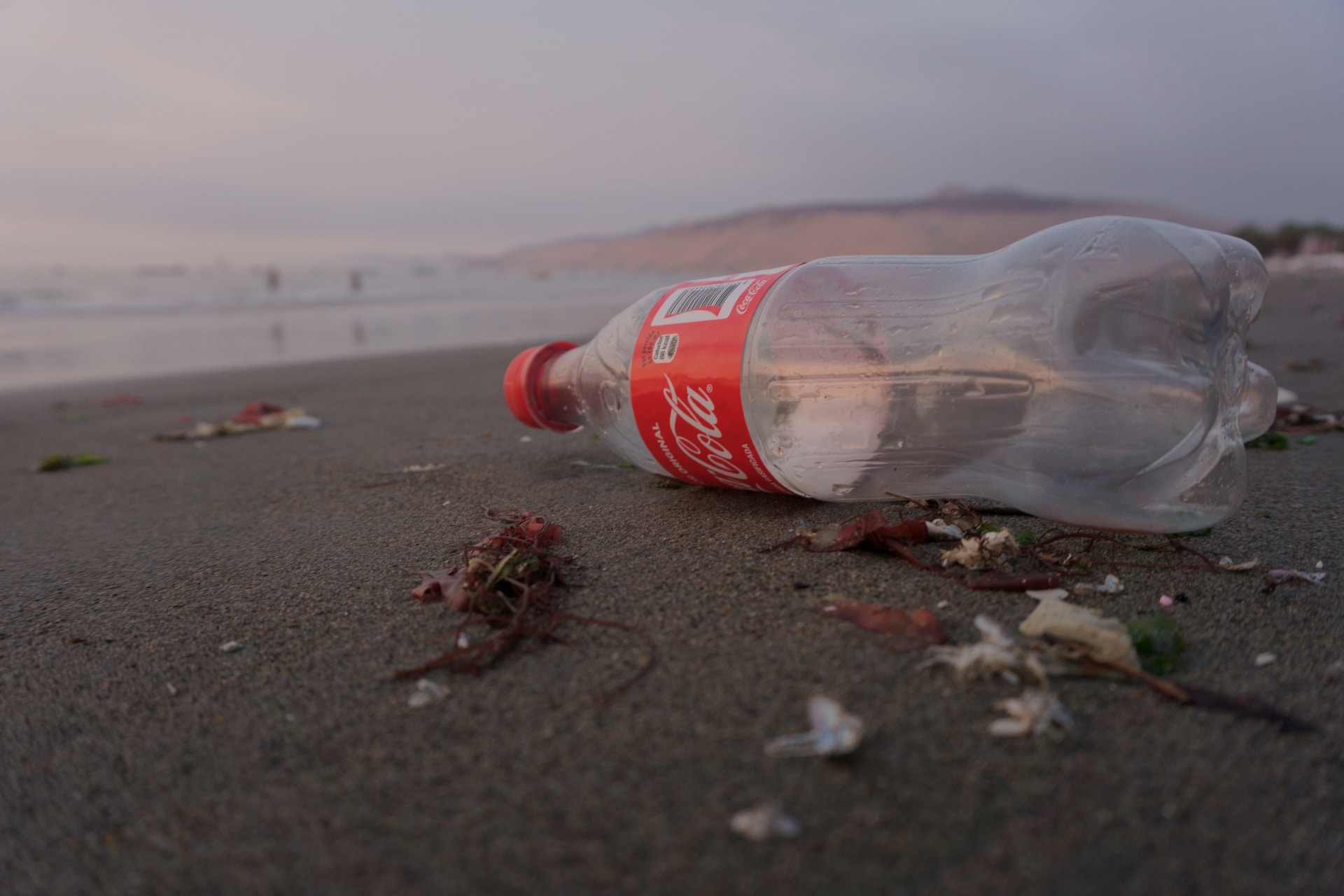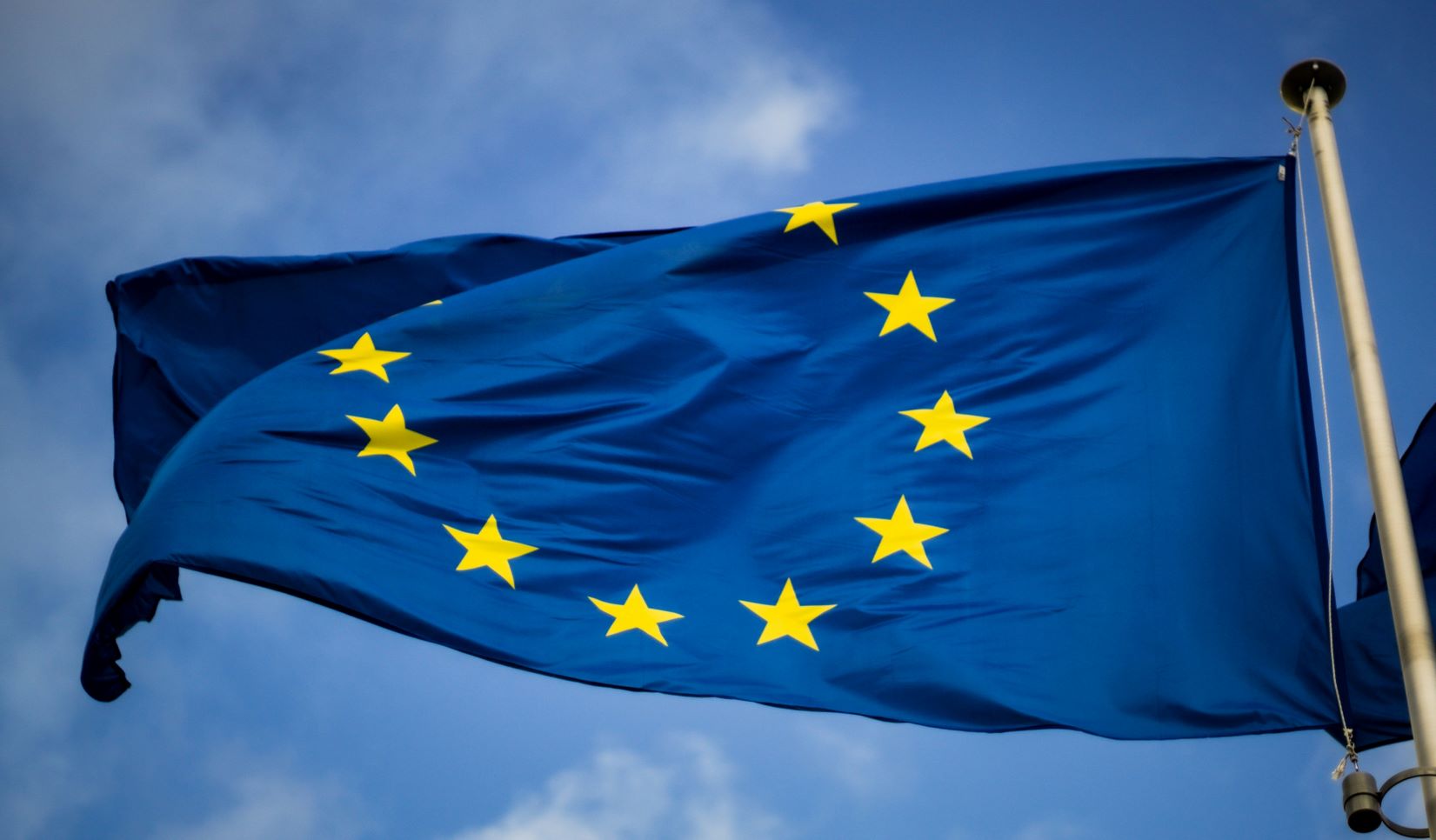Coca-Cola Europacific Partners (CCEP) has announced investment into carbon conversion research to explore better sustainable packaging materials.
The project will be carried out by researchers at Swansea University and aimed at venturing the new methods of manufacturing ethylene. Ethylene is a material for making plastic, like the HDPE manufactured bottle caps.
CCEP Ventures (CCEPV), CCEP’s investment engine, will fund the project. CCEP’s research aims to create a technology that will use the CO2 in the air to power the ethylene production process. This form of CO2 as a replacement fuel offers a sustainable means to create plastic packaging.
Craig Twyford, Head of CCEP Ventures, said, “We’re incredibly excited about the potential of this research. We know that making our packaging materials more sustainable is key to decarbonising our business, and technology will play an important role in helping us solve this challenge.”
“Through Ventures, we are committed to seeking out and funding solutions that will build a better future for our business, communities and the planet. If scaled, this technology could impact both our fossil fuel use and carbon emissions and help to accelerate a low-carbon future for CCEP.”
Professor Enrico Andreoli, Head of Chemical Engineering at Swansea University and Principal Investigator of the project, said, “We’re really thrilled to be working with CCEP to develop next-generation carbon dioxide utilisation technology. We take a practical approach in our research focusing specifically on sustainable applications, and fossil-free ethylene production is certainly a key one.
“We build upon our strong background and expertise in carbon dioxide conversion and with the support of CCEP Ventures, our common goal of delivering low-carbon sustainable plastic can become a reality.”
The project is estimated to be a three-year-long project with primary goal of creating efficient and productive CO2 to ethylene transmutation.
Other partnerships of CCEP –
- Partnerships to develop and scale climate technology,
- Partnerships with the University of California, Berkeley (UCB) to develop captured CO₂ into sugar
- Investment in CuRe, a technology offering a new lease of life for hard-to-recycle plastic polyester waste.
The partnerships and investments are claim to create sustainable materials for packaging in the long-term to reduce some of the largest CO2 benefactors, along with saving material, transportation, and logistics costs.
The report says, CCEP, The Coca-Cola Company and seven other companies worldwide will launch a $137.7 million venture capital fund towards sustainability investments.




